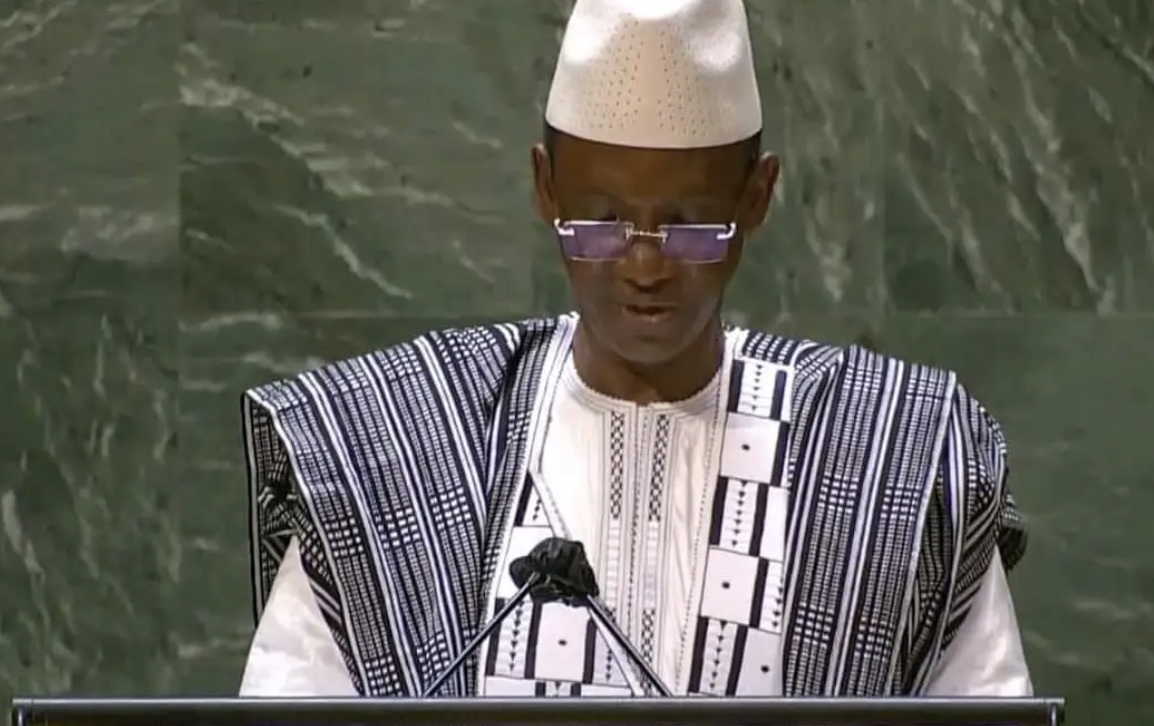Niger, Burkina Faso and Nigeria in 2013 celebrated the French troops after the arrival in the Saharan city of Timbuktu following the defeat of some jihadist groups. Today, almost ten years later, France has halved its contingent to 5000 men and is thinking of leaving the territory permanently due to the huge expenses incurred and the victims left behind during the various micro conflicts with local terrorists.
Last June, the French president Emmanuel Macron announced the withdrawal of forces from the Barkhane mission due to a number of internal issues. The French army, which lost 53 soldiers, can no longer compensate for the Malian state's "lack of commitment". The decision came three months after the United Nations discovered a French airstrike that killed 19 civilians, including women and children, at a wedding party in central Mali.
France then handed over its Timbuktu base to Malian forces while several hundred kilometers away, in Bamako, the capital, the French presence is still strong. For some time, however, Russian flags have also begun to be seen, especially during some popular demonstrations.
Mali, in the absence of French forces, would have turned to Russia to sanction it Mahmoud Ould Mohamed, the interim minister of trade who publicly said: "The relationship with the French is broken right now ".
At the United Nations General Assembly last September, the premier Choguel Maiga confirmed the line by saying that France left Mali, so other partners had to be sought.
Mali, according to the FT, is in talks to hire mercenaries belonging to the paramilitary group Wagner, as known linked and financed by the Kremlin. The Wagner Group is included in the groups banned by the US Ministry of Justice and is accused of war crimes in Chad, Sahel, Eritrea and Sudan.
The talks with the Wagner company, however, infuriated Paris, which supports the government of Mali illegitimate since it took office after two coups.
To date, northern Mali is safer than in 2013 and the violence has moved to the center of the country where most of the 20 million inhabitants live. Extremist violence has spread to Burkina Faso, which has seen large areas of the country fall from government control, and to Niger, where hundreds of protesters in November blocked a convoy of 100 vehicles from the French Barkhane mission in protest. 2021 was the most violent of the last decade for the Sahel countries, in terms of terrorist attacks and armed conflicts. There are 2.426 accidents compared to 244 in 2013, according to project data Armed Conflict Location and Event Data. In terms of casualties, it was the second deadliest after 2020, with 5.317 deaths in the three countries, up from 949 in 2013. Mali alone recorded 948 violent events in 2021, up from 230 in 2013.
